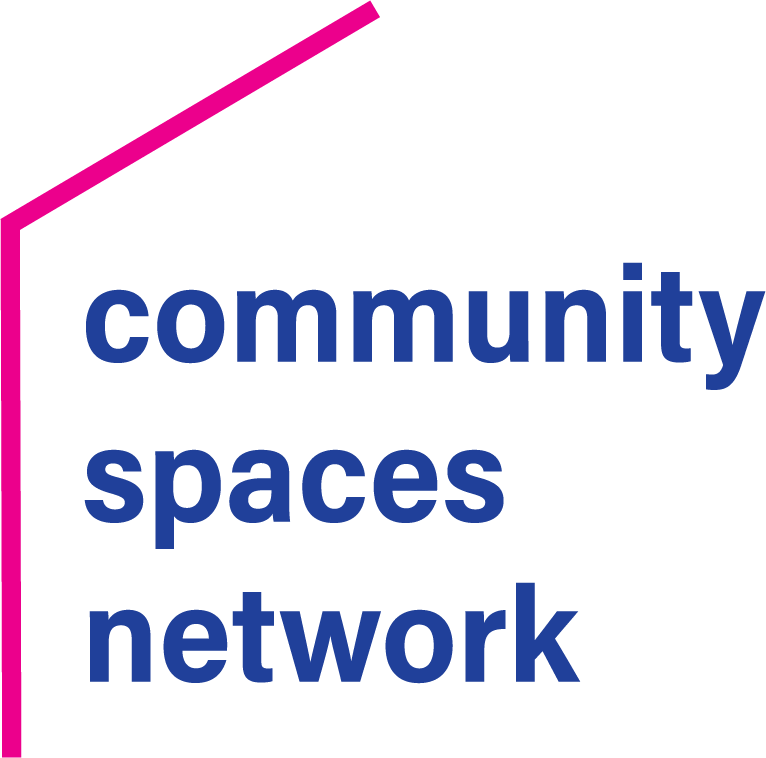Check out the helpful tips that our members shared at this quarter’s NCN member Roundtables:
1. Make the most of every space – even alleyways!
One member shared that her center updated an alleyway behind their center to make it more inviting and safer for the community. They cleaned up the space, added lighting, and had they alleyway dumpsters painted with imagery of their local landscape . It is now a space that is frequently traveled, feels safer and cleaner to the community, and even makes for some great photo ops!
2. Find balance in the virtual landscape.
Virtual meeting tools can help you tap into talent beyond your immediate community. You can have board members that split time in different regions, work with consultants across the country, or be able to schedule a meeting faster with city officials. With place-based work, however, it’s important to balance the convenience of virtual access with choosing partners that are connected to your space, your community, and the work and you specialize in.
3. Consistency counts with placemaking efforts.
When it comes to establishing community groups or placemaking efforts, remember to build with consistency and patience. A small group that meets on a regular schedule with consistent support can slowly build momentum and grow in numbers and impact. One member shared that a coffee group at their center that started with just 15 people had 50 people in attendance a year and half later! Slow and steady is often what community-building needs.
4. Invest time in relationships with funders.
Many funders want to see your work in action – invite them to your events and to tour your space! Building relationships can not only bring your application statements to life, but can also help you navigate how to apply for funding when you may not “check the boxes.” Shared spaces are often trying to make the case for their funding needs without direct services being part of their programming. These relationships can help you navigate applications and put your best foot forward with the funding process.
5. Keep a running list of partner prospects.
Keeping a matrix of community partners, organizations who rent your space for events, or those you network with can help fill vacancies when they arrive. Your notes might include points of contact, organization/staff size, programming needs, or space requirements. These notes can come from observation or a casual “get to know you” conversation. Having this information on hand can help you make a match when openings arise!

